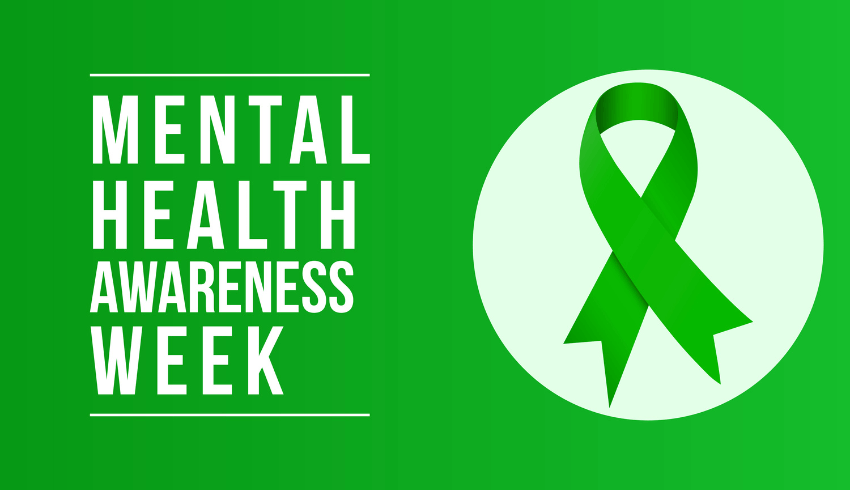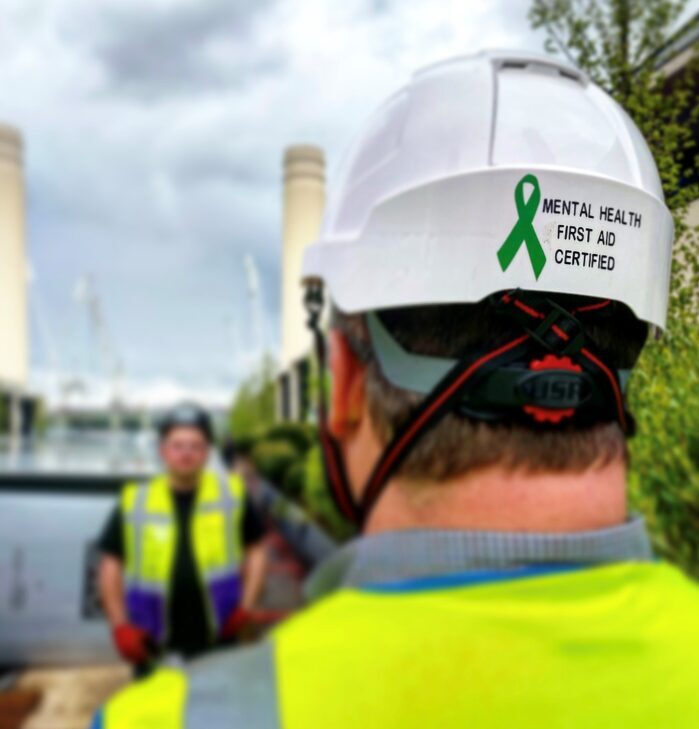Mental Health Awareness Week

Prioritizing Mental Health
As Mental Health Awareness Week approaches, it’s essential to highlight its significance, especially within industries like construction. While the construction sector is known for its physical challenges, it’s equally important to address the mental well-being of its workforce. In a profession where long hours, high-pressure environments, and physically demanding work are the norm, mental health often takes a backseat. However, ignoring mental health can lead to severe consequences for individuals and the industry as a whole.
The Mental Health Landscape in Construction
The construction industry faces unique mental health challenges. According to studies, construction workers are at a higher risk of experiencing mental health issues like stress, anxiety, and depression compared to workers in other sectors. Long hours, tight deadlines, job insecurity, and a macho culture that discourages vulnerability contribute to this.
The Importance of Mental Health Awareness Week
This annual event serves as a crucial reminder for the construction industry to prioritise mental well-being. It offers an opportunity to open conversations, raise awareness, and implement strategies to support mental health in the workplace. Here’s why it’s essential:
1. Breaking the Stigma
Mental Health Awareness Week encourages open discussions about mental health, helping to break down the stigma surrounding it. In the construction industry, where admitting to mental health struggles can be perceived as a sign of weakness, this is particularly vital. By fostering a culture of acceptance and support, workers are more likely to seek help when they need it.
2. Education and Awareness
Many in the construction industry may not fully understand mental health issues or how to recognise them. This dedicated week provides educational resources and awareness campaigns that help workers and employers recognise the signs of mental health problems and understand how to support their colleagues or employees.
3. Promoting Supportive Work Environments
Creating a supportive work environment is key to promoting mental well-being. Mental Health Awareness Week encourages employers to implement initiatives such as employee assistance programs, mental health training for managers, and confidential counselling services. These initiatives not only support workers but also benefit the industry by improving productivity, reducing absenteeism, and enhancing safety on construction sites.
4. Encouraging Self-Care
In a high-stress environment like construction, self-care often takes a backseat. Focusing on Mental Health in the construction industry emphasises the importance of self-care practices such as exercise, proper nutrition, and stress management techniques. Encouraging workers to put their mental health first fosters resilience and improves overall well-being.
5. Advocating for Change
Mental Health Awareness Week is also an opportunity to advocate for policy changes and improvements in how mental health is addressed within the construction industry. By highlighting the need for better support systems, access to mental health resources, and improved working conditions, advocates can push for long-term changes that benefit everyone.
Mental Health Awareness Week is a vital annual event that shines a spotlight on mental well-being in the construction industry. By breaking the stigma, increasing awareness, promoting supportive environments, encouraging self-care, and advocating for change, it helps create a healthier, more resilient workforce. In the construction industry, where the pressures are high and the risks are real, prioritising mental health isn’t just an option—it’s a necessity. Let’s use Mental Health Awareness Week as a catalyst for positive change in the industry.
